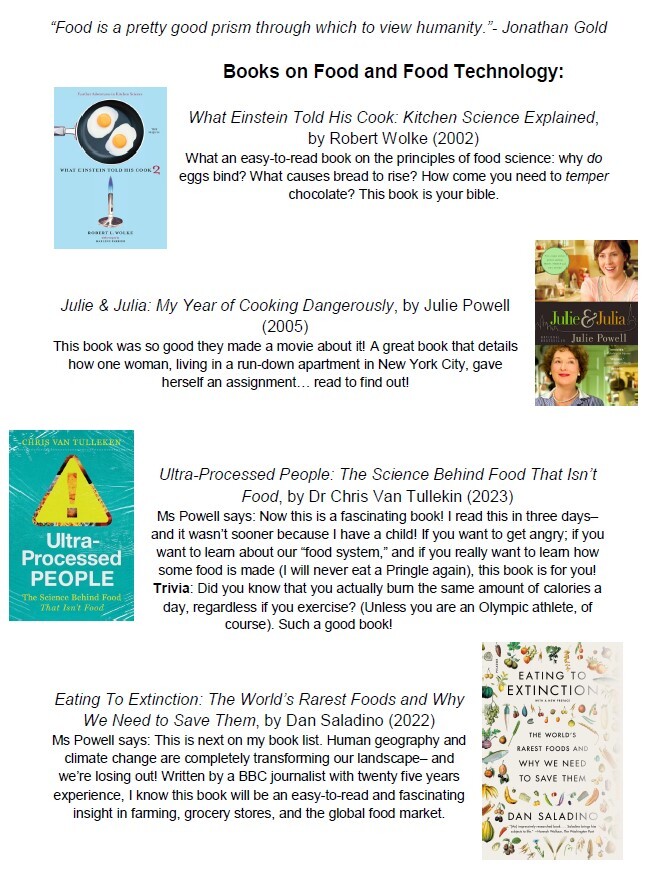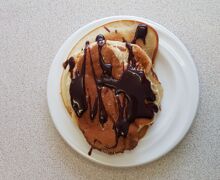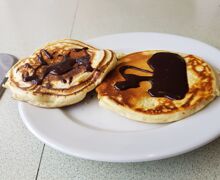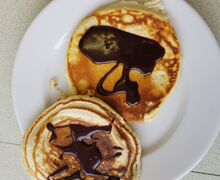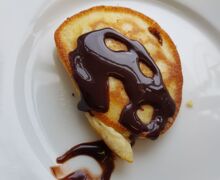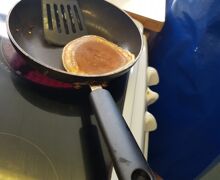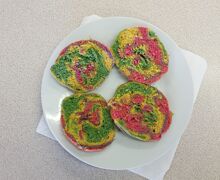- Home
- Secondary
- Subject Information
Food Preparation & Nutrition
Back
Food Technology gives students a practical look at designing, creating and making nutritious food.
It’s also about learning how our society produces our food, learning about the Eat Well Plate, as well as introducing students to chemical make-up of vitamins and minerals. Between talking about food miles and sustainable farming, this is more than just a cooking class!
According to the British Hospitality Association, the food industry is Britain’s fourth largest sector and accounts for around 10% of the total workforce. Since 2010, over 25% of all new jobs have been within the hospitality and catering sector with the majority of new roles falling within the 18-24 age group, according to a report by People magazine.
KS3
The Key Stage 3 curriculum is designed to develop students’ practical skills in preparing a range of
commodities and understanding of hygiene practices. This, alongside a theoretical knowledge of health and safety, hazards, basic nutrition, special diets and the impact of food choice on health and the environment. All of which will prepare them to progress to study Food Preparation and Nutrition at GCSE.
Pupils will be taught to use a range of preparation, cooking and presentation skills focusing on fruit, vegetables and some carbohydrate foods in Year 7; to include a wider range of carbohydrate foods and proteins in Year 8 and more complex dishes to also include dairy and alternatives in Year 9.
Students will learn to use a range of equipment and techniques, to apply knowledge gained of health and safety practices, to question the impact of our
food choices on our own health, the NHS and the planet, and how to adapt recipes to meet specific dietary/ religious/ ethical needs
KS4
As a department, we follow the WJEC Eduqas GCSE in Food Preparation and Nutrition provides students with the knowledge, understanding and skills required to cook and apply the principles of food science, nutrition and healthy eating. It encourages students to cook, enables them to make informed decisions about food and nutrition and allows them to acquire knowledge in order to be able to feed themselves and others affordably and nutritiously, now and later in life.
Food Preparation and Nutrition is made up of two units: Principles of Food Preparation and Nutrition and two practicals: The Food Investigation Assessment and The Food Preparation Assignment.
The WJEC Eduqas GCSE in Food Preparation and Nutrition is made up of two units.
More information can be found at:
https://www.eduqas.co.uk/qualifications/food- preparation-and-nutrition-gcse/#tab_overview
An activity to try at home
Be sure to collect the following bits: 2-3 cups of sugar, 1 cup of water, skewers, a glass or jar, a large saucepan and clothespins. You may want to have food colouring too!
Mix 1 cup of the sugar and 1 cup of water in the saucepan. Over a medium flame, stir until dissolved. Then, slowly add more sugar and mix until the sugar will no longer dissolve in the water. You may have to add sugar, then mix, and repeat until you can’t add anymore!
The water should look a little cloudy– that is the perfect sugar-saturation needed! Add the food colouring, remove from heat and allow to cool.
Cut your skewers to their desired length, then dip in water and roll them in sugar. Set aside and allow to dry.
Once your sugar-water is cool enough, pour into your glass/jar. Once sticks are dry carefully place them into the jar. Remember, your skewer should be completely dry– the rock candy needs the sugar on the sticks to grow! Please make sure your sticks are not touching the side or bottom of the jar.
Hold the skewers up with your clothespin. Then, wait an observe! If you can hold out, wait about a week and enjoy!
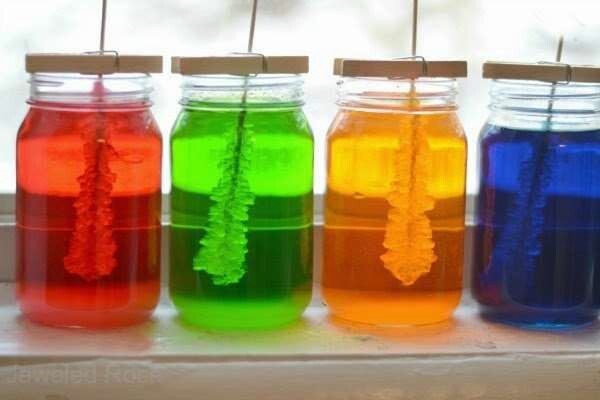
Visual Curriculum Map
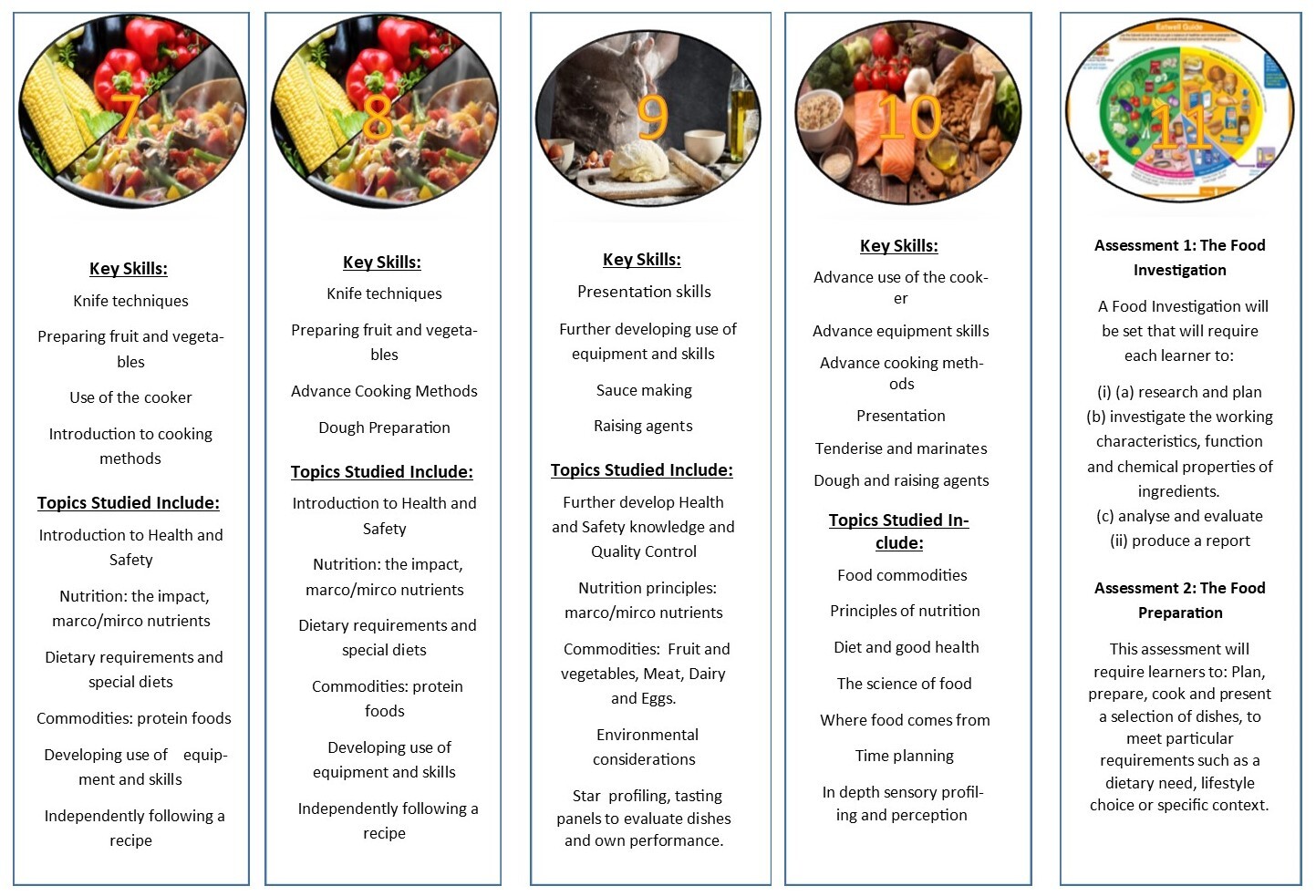
Reading List
